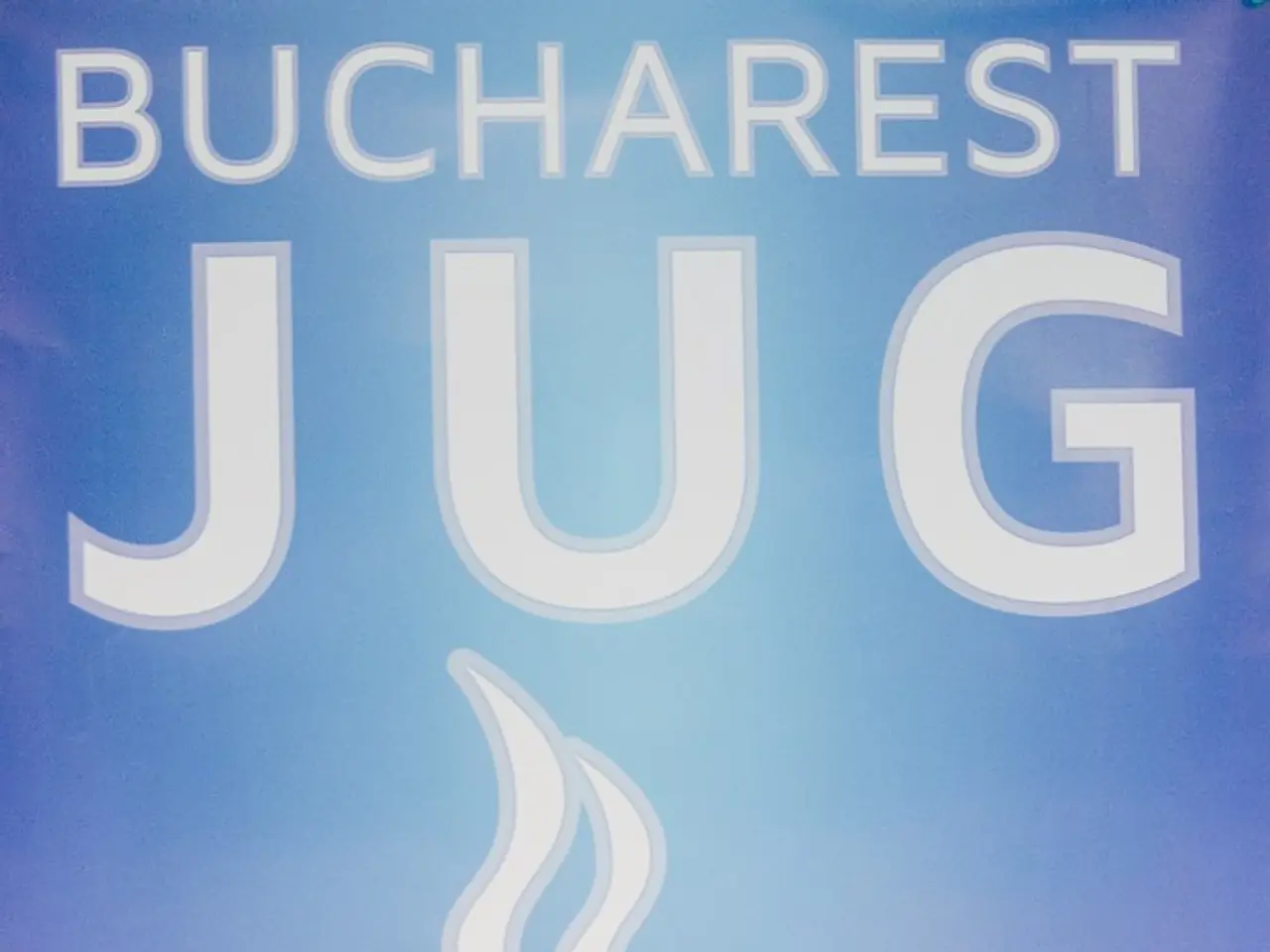"Companies are increasingly intrigued by the potential of bKV"
In Germany, HR managers are increasingly recognising the value of Occupational Health Insurance (OHI) as a key strategy to build an attractive employer brand. According to Christian Geisel, the responsible sales manager at Funk, OHI is becoming increasingly attractive for company decision-makers. This trend is supported by 86% of those surveyed who already offer employer-financed OHI.
The survey, conducted by Funk, an insurance broker with 1,360 employees, aims to show the trending performance components in the context of OHI, including classic performance modules and annual health budgets. The survey findings indicate that innovative additional services are becoming more important in the context of OHI, with digital doctor visits, burnout prevention, family care consultation, and healthcare consulting gaining significance.
In the German OHI context, the focus remains on supplemental company health insurance (betriebliche Krankenversicherung or bKV), which complements the statutory health insurance (GKV) by covering additional services like alternative medicines, dental, and optical treatments. Employers typically define a coverage level as a fixed euro amount per employee, which employees can claim against.
Regarding the popularity of annual health budgets versus traditional performance modules, evidence from Germany-specific sources does not explicitly detail this comparison. However, there are broader international trends relevant to employer health benefits that can offer insight. Globally, there is growing interest in annual health budgets or defined contribution health allowances, which allow employees to choose their own insurance within a set employer budget. This approach offers flexibility and cost control for employers and employees.
In Germany, due to the strongly regulated system with statutory mandatory health insurance for most employees and the supplemental nature of OHI, the traditional model where employers offer defined supplementary coverage (fixed euro amounts for specific coverages) remains prevalent. There is no direct mention of a widespread shift to flexible health budgets or replacing traditional modules with annual budgets in the German context.
The average monthly amount for OHI budgeting among participating companies is 26.73 euros. The employer determines the budget for OHI and selects the scope of protection for their employees. In the traditional concept of performance modules, employers can influence the company-specific health situation of the workforce by selecting certain performance areas, with prevention, dental, and vision care services being preferred.
In summary, for HR managers in Germany, traditional performance modules with set coverage limits remain the most popular OHI offering. Annual health budgets (like Individual Coverage Health Reimbursement Arrangements or ICHRAs) are not yet common or widely adopted in Germany as of 2025. Companies may monitor international trends but largely are anchored in supplementing statutory insurance with fixed-benefit schemes. A positive user experience is confirmed as crucial by 100% of those surveyed when offering OHI.
- In the realm of health and wellness at the workplace, thesurvey by Funk reveals that innovative services like digital doctor visits, burnout prevention, family care consultation, and healthcare consulting are gaining significance in the context of Occupational Health Insurance (OHI).
- Despite the growing global interest in annual health budgets or defined contribution health allowances, the traditional model of Occupurance Insurance (OHI) in Germany remains prevalent, with employers offering defined supplementary coverage with fixed euros amounts for specific coverages, such as prevention, dental, and vision care services.




